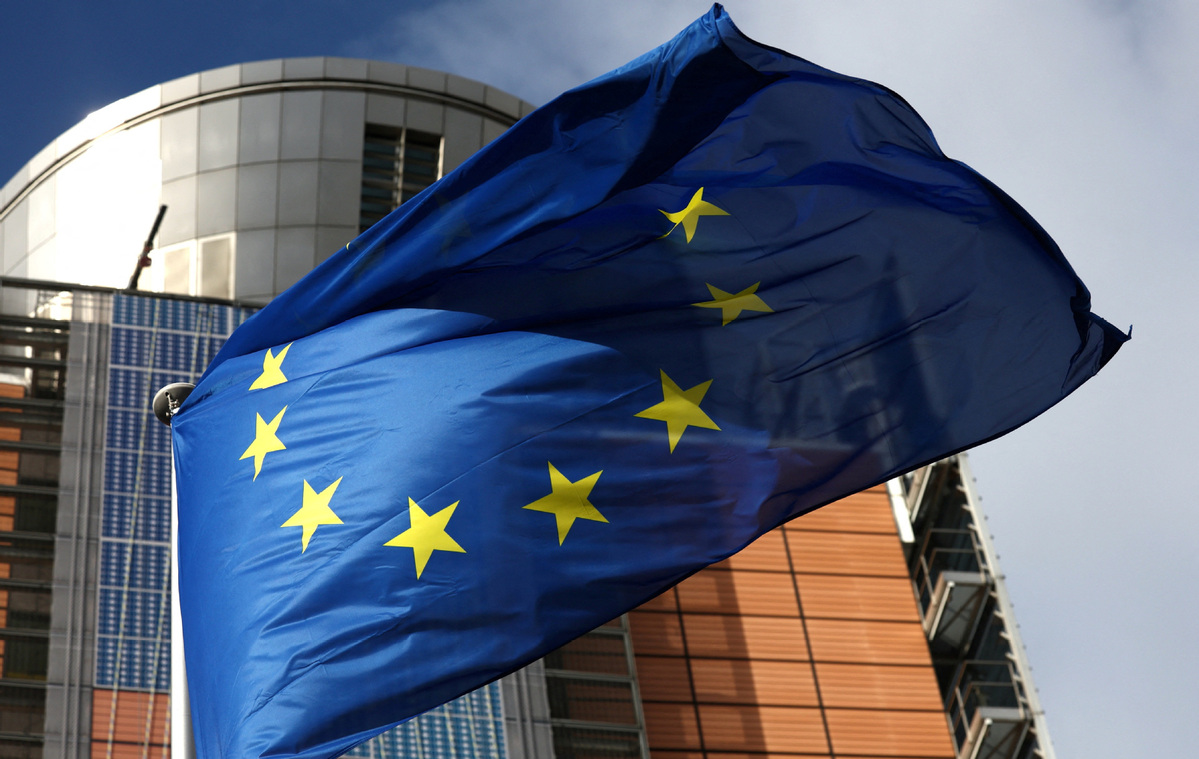Lower growth forecast for Europe


The European Commission marked down its economic growth for 2023 and 2024 for both the bloc and eurozone despite predicting falling inflation.
The Summer 2023 Economic Forecast released on Monday predicted the 27-member European Union economy to grow only 0.8 percent in 2023 and 1.4 percent in 2024, from the 1 percent and 1.7 percent, respectively, projected in the spring forecast in May.
It also revised the growth in the 20-member eurozone down to 0.8 percent in 2023 and 1.3 percent in 2024, compared to the 1.1 percent and 1.6 percent, respectively, projected in the spring forecast.
The commission predicted that EU inflation will continue to ease to reach 6.5 percent in 2023 and 3.2 percent in 2024, compared to the 6.7 percent and 3.1 percent, respectively, predicted in spring. In the eurozone, inflation is forecast at 5.6 percent in 2023 and 2.9 percent in 2024, compared with the 5.8 percent and 2.8 percent, respectively, predicted in May.
The commission said that latest data confirmed that economic activity in the EU was subdued in the first half of 2023 on the back of the formidable shocks the EU has endured.
Weakness in domestic demand, in particular consumption, shows that high and still increasing consumer prices for most goods and services are taking a heavier toll than expected in the spring forecast, according to the report.
This is despite the declining energy prices and an exceptionally strong labor market, which has seen record low unemployment rates, continued expansion of employment, and rising wages.
While praising EU's monetary policy tightening for working its way through the economy, the report said that survey indicators now point to slowing economic activity in the summer and the months ahead, with continued weakness in industry and fading momentum in services, despite a strong tourism season in many parts of Europe.
"The EU economy has lost momentum since spring," European Commissioner for Economy Paolo Gentiloni told a press conference on Monday.
Valdis Dombrovskis, executive vice-president of the European Commission for an economy that works for people, expressed that the EU economy has suffered two massive shocks with the COVID-19 pandemic and Russia-Ukraine conflict.
EU's largest economy, Germany, is expected to go into recession this year, with an expected 0.4 percent drop in GDP, which Gentiloni called a "significant downward revision" from the spring forecast of 0.2 percent growth. In 2024, real GDP is projected to rebound by 1.1 percent, driven by a recovery in consumption.
Ding Chun, director of the Center for European Studies at Fudan University, said the concerns for the EU come mainly from the lack of domestic demand and the lack of potential for growth.
"Geopolitics such as the Russia-Ukraine conflict and a less vibrant global economy all cast a shadow on its economic growth," he said, adding that the impact of winter weather on economic growth should not be underestimated.
It was believed a mild winter last year helped the EU escape what could be a much worse energy crisis after a dramatic cut in cheap Russian oil and gas to the EU.

































